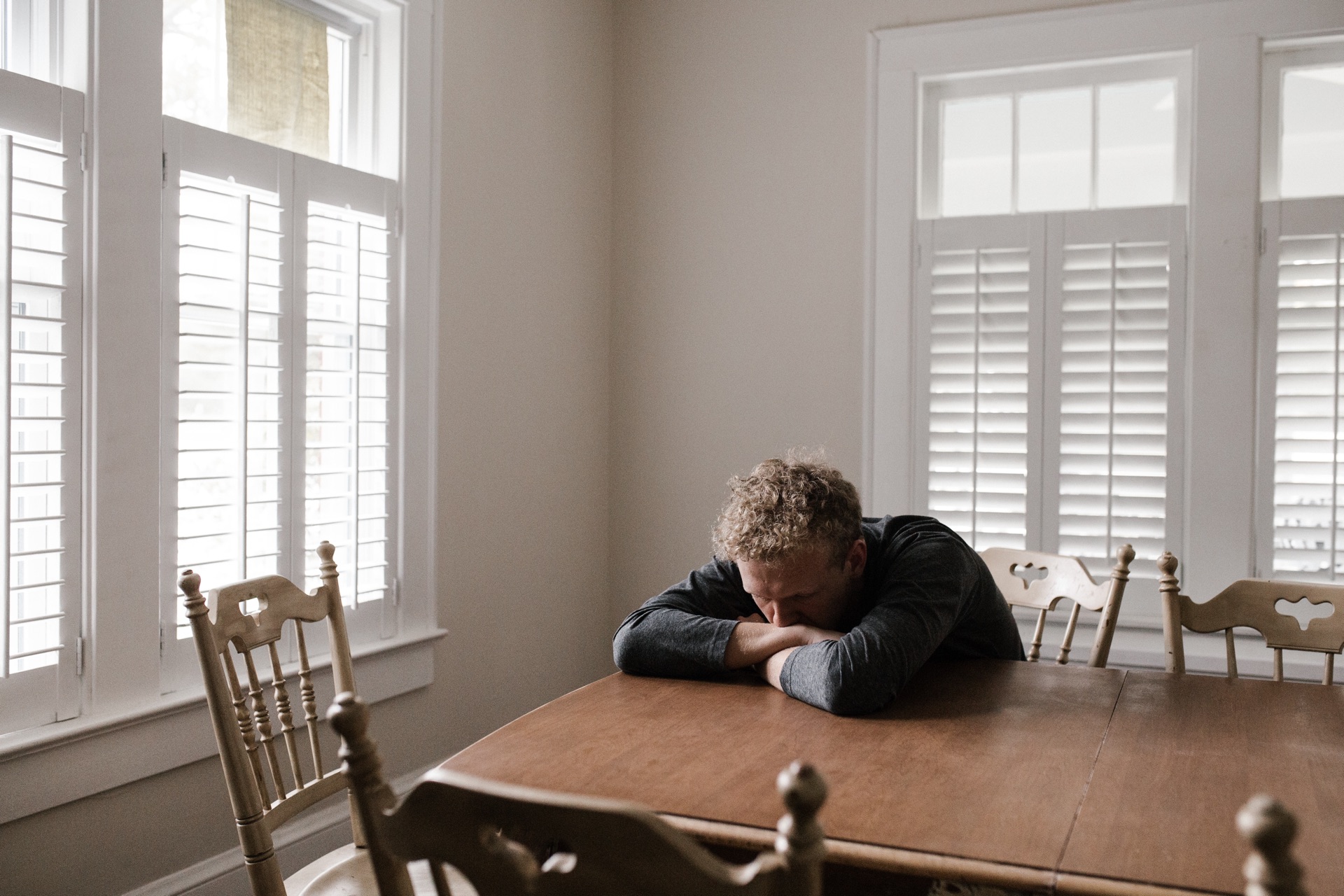Hi, I am George. I am a third year Geography student, I started creating content in my first year and have enjoyed every minute of it- I especially enjoy writing about environmental issues.

Looking after your mental health when Christmas isn’t your thing
Whilst for a lot of people Christmas is a much needed break, a time to see family and friends and…
December 6, 2022,
read.
Whilst for a lot of people Christmas is a much needed break, a time to see family and friends and all round a time to put your day to day responsibilities on hold. However, for some it might not be these things, it can also be a time of financial struggle, overconsumption or perhaps family tensions. With this in mind here are a few ways in which you can try and look after your mental health over the Christmas break.
Managing your money
Christmas is one of the only periods of the year when you might feel like you aren’t sticking to a budget, there is a lot of pressure to please people and in a lot of cases you don’t want to let the people you love down in any way. However, it is important to remember that the people that love and cherish you probably don’t care about the material things as much as you think they do. It could then be a good idea to try and be more meaningful with the gifts you choose because these are usually cheaper and will probably be appreciated more by the person who receives them. This helps to prevent becoming overwhelmed because you aren’t constantly worrying if you’ve got enough or if you’ve spent enough money. You should not make yourself feel guilty about budgeting away less money if it makes you feel more at ease with the whole process of Christmas gift buying. It’s the thought that counts more than anything.
Exercise
If you are normally a very physically active person at university, going home can sometimes have a big impact on your mental health if you don’t have easy access to things like gyms or sport facilities. Exercise plays a massive role in helping to release endorphins in your brain which helps to positively regulate your mood patterns, so stopping exercise can have the opposite effect. If Christmas isn’t your thing and your mental health is suffering at home, exercise could be an extremely important lifeline for you, if access to facilities is restricted. Simple exercises such as the plank, crunches, sit ups, leg raises etc., can all be done in your room or in any other decent sized place in the house. Research suggests that as little as 30-35 minutes for 3-5 days a week is enough to significantly boost positive moods. It may not be perfect but if it helps it is worth trying.
Family conflict
For some people family life isn’t perfect and Christmas is a time where everybody is together in close proximity. If you struggle with this your mental health could suffer, therefore it is important to try your best to set boundaries for yourself which others should respect. Boundaries are key for healthy relationships as they help others know what is hurtful and what isn’t, it also helps to prevent any unwanted arguments as it stops things from reaching a point where they get out of hand. This can lead to much more tolerant relationships which lead to feeling mentally more positive and not feeling a sense of strain over the Christmas period.
Find other outlets
If the traditional way of celebrating the Christmas doesn’t appeal to you, or if your culture just doesn’t celebrate it at all, finding other ways of keeping busy may be important to you staying mentally healthy. One interesting alternative is to think of the holiday less as the typical Christmas celebration but more of a winter break during the long and cold winter months. University in the first semester can get stressful in the approach to Christmas so it is totally okay to need a break and let yourself feel as though you deserve a break. It is the perfect opportunity to do the things you love which you might of not had time to do, relax, worry less about university work etc. Let Christmas be a time of recuperation rather than feeling stressed and worried.
Hopefully these ideas help to provide a few ideas on how you can cope over the Christmas break if the festivities aren’t something that you personally enjoy. I also hope that they remind you that it is okay to not feel okay.
- Topics
- Christmas
- Mental health




